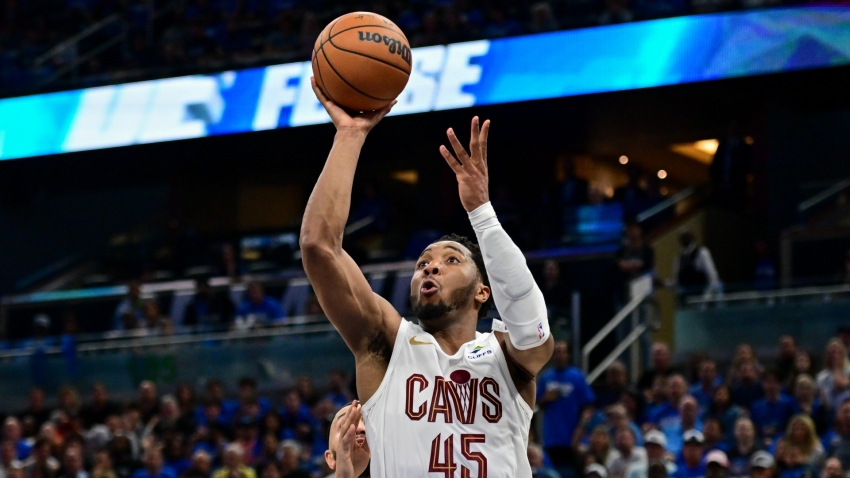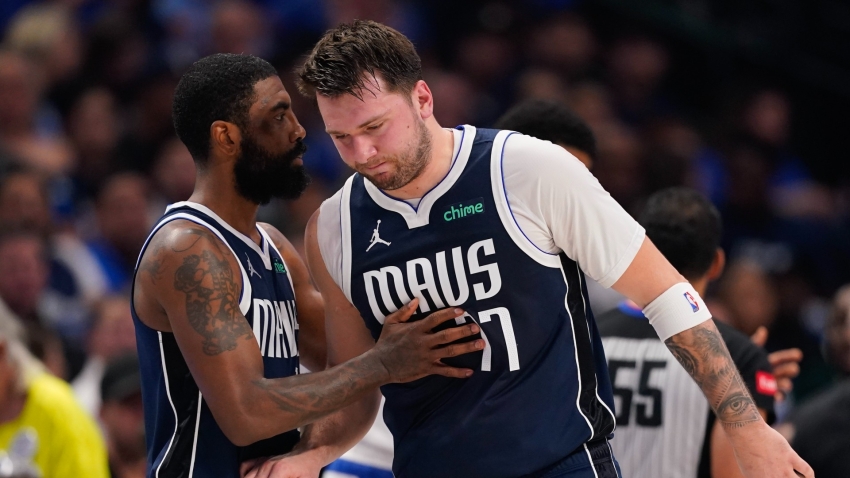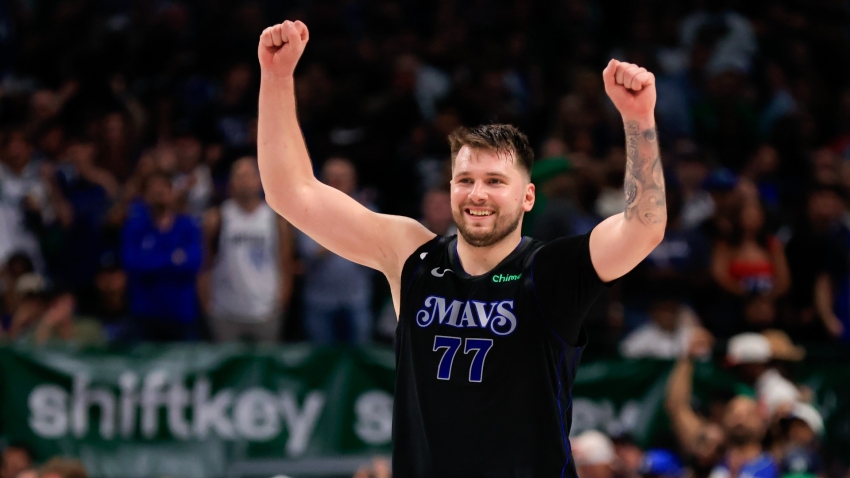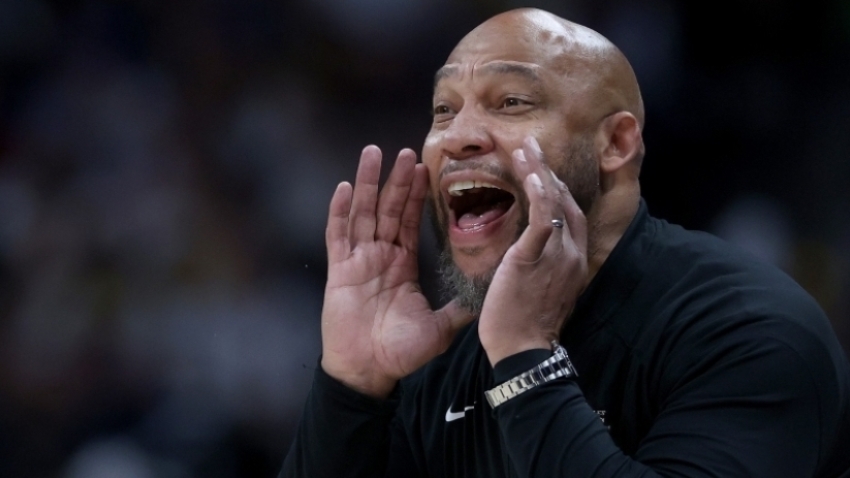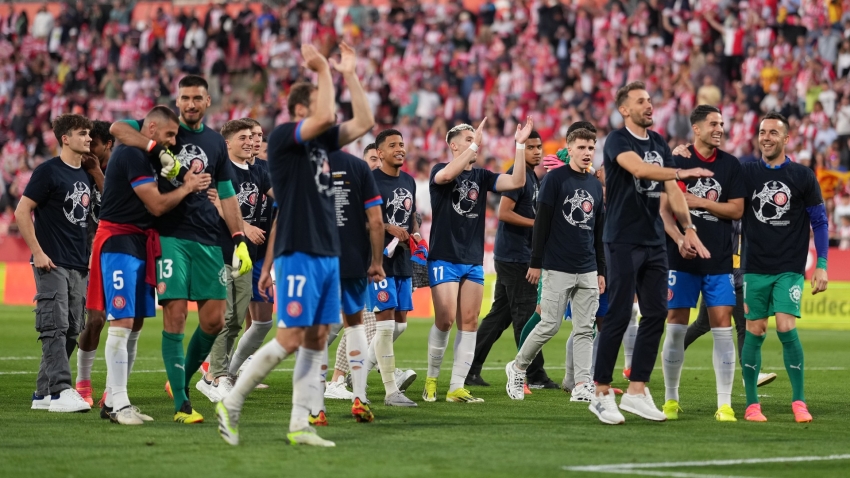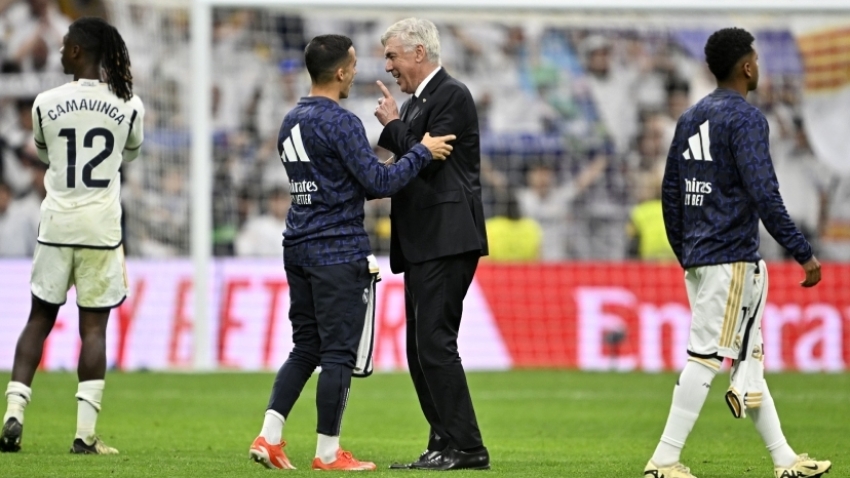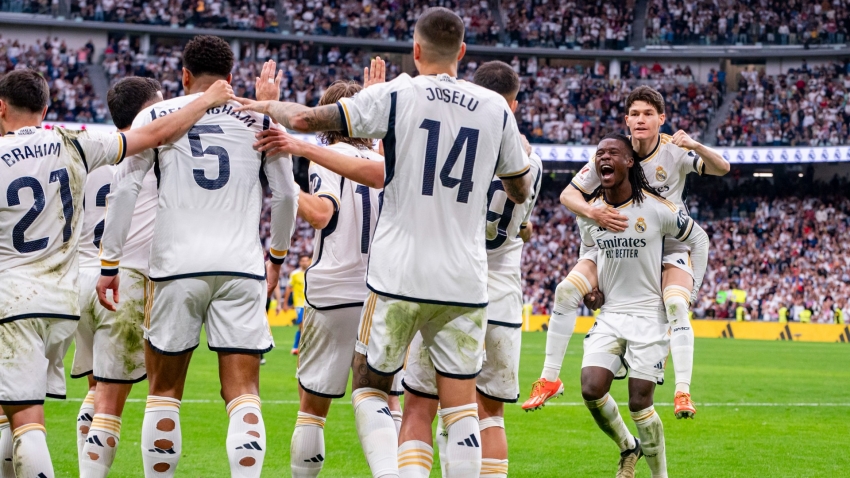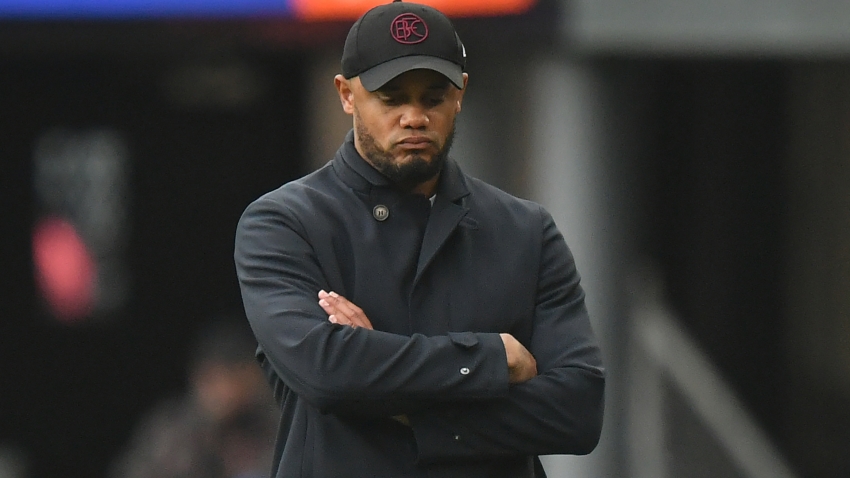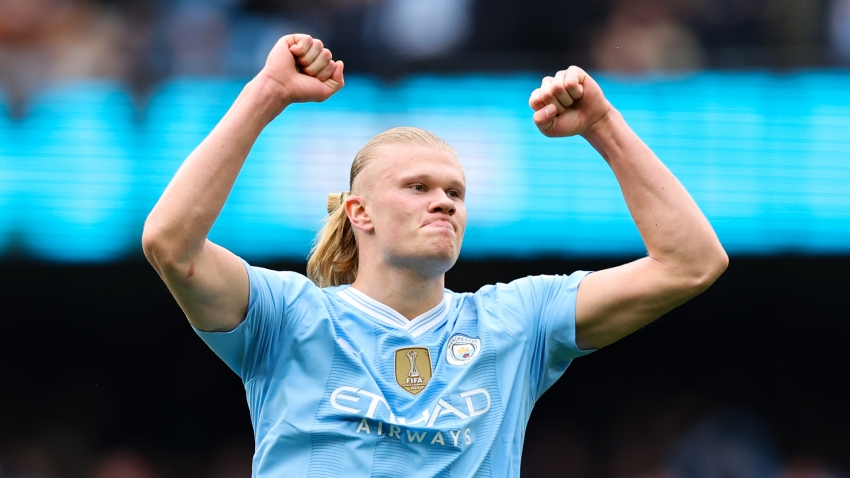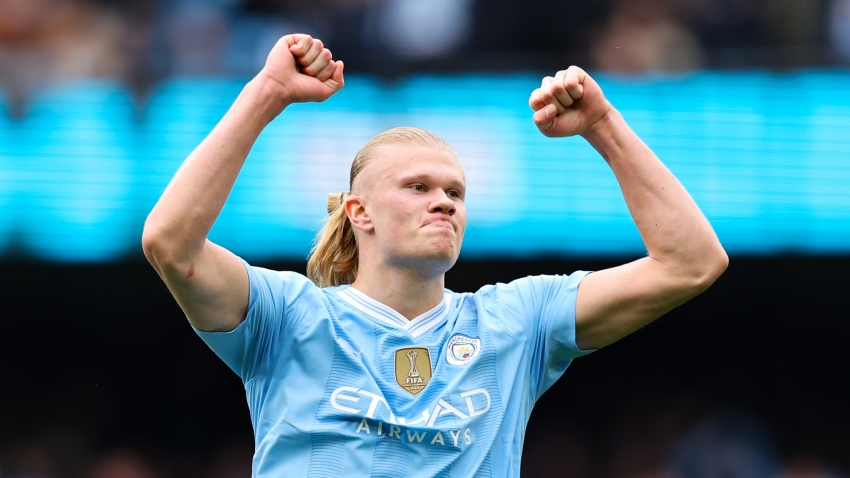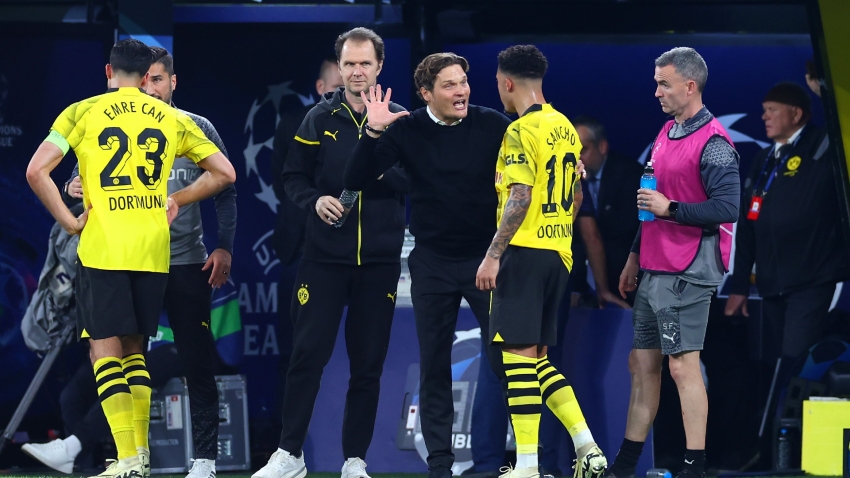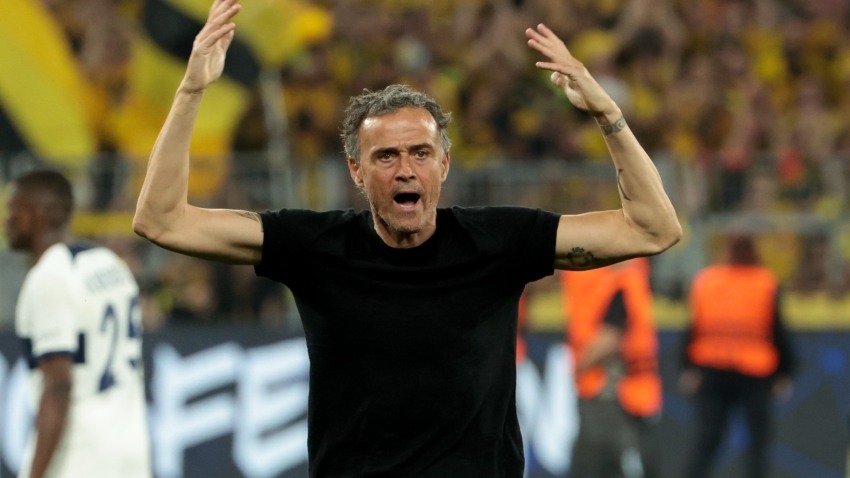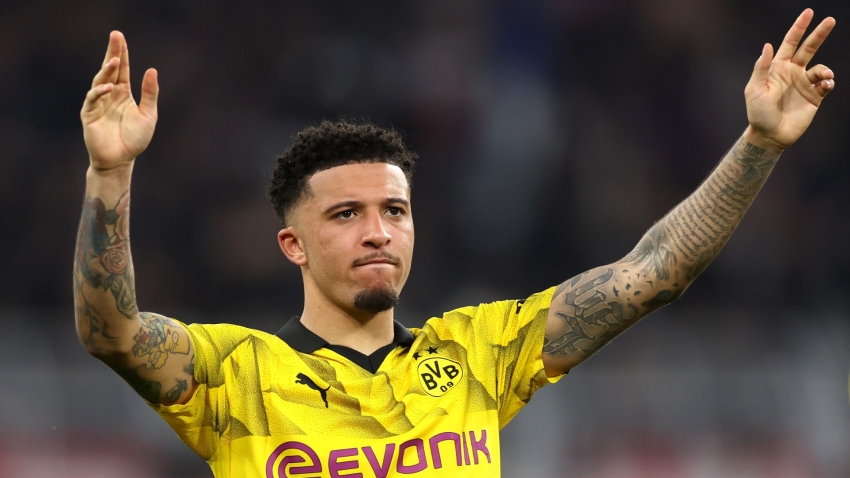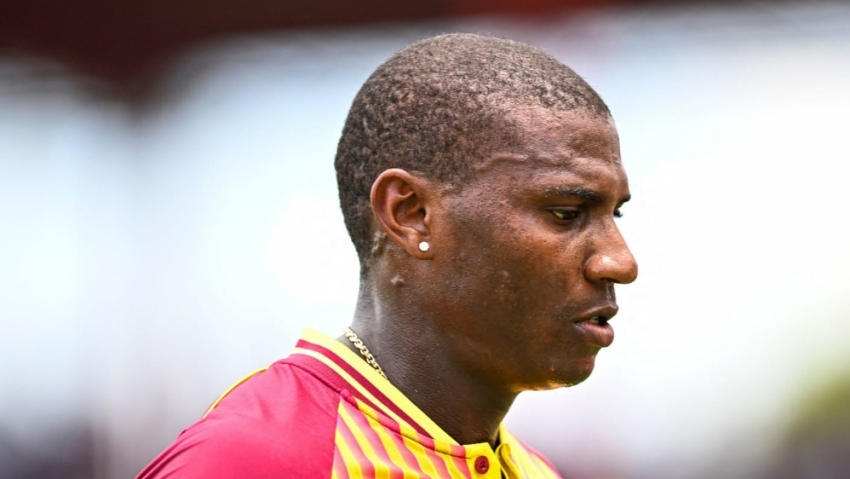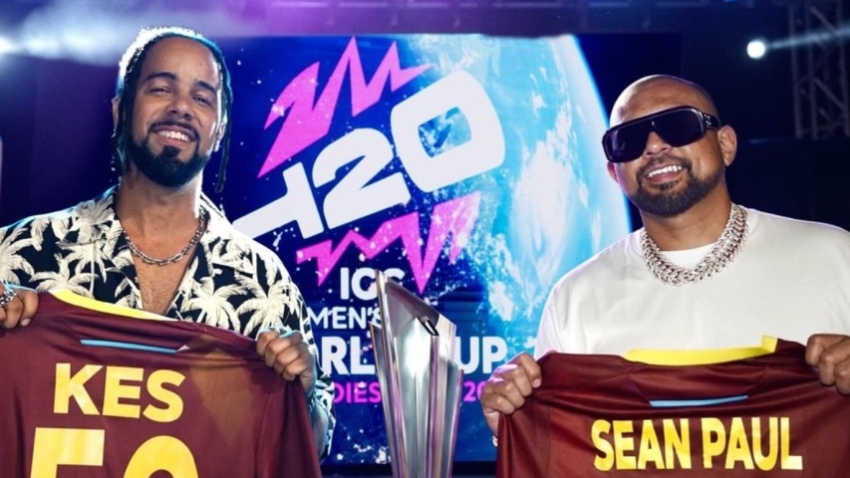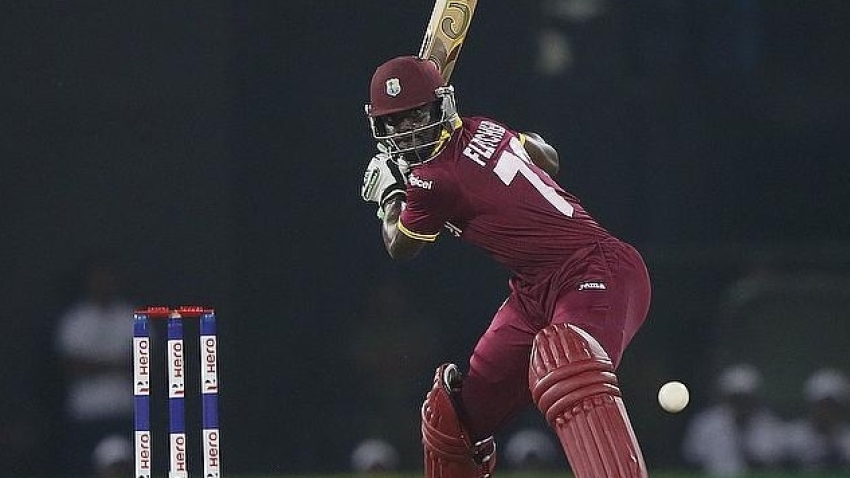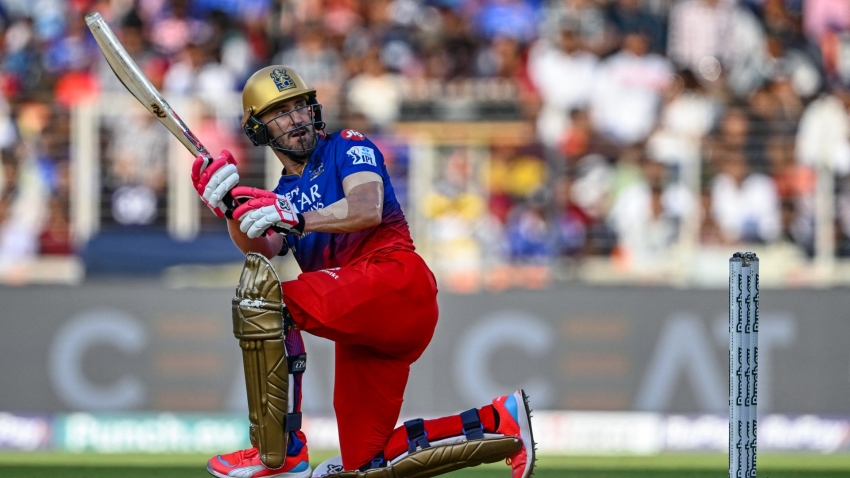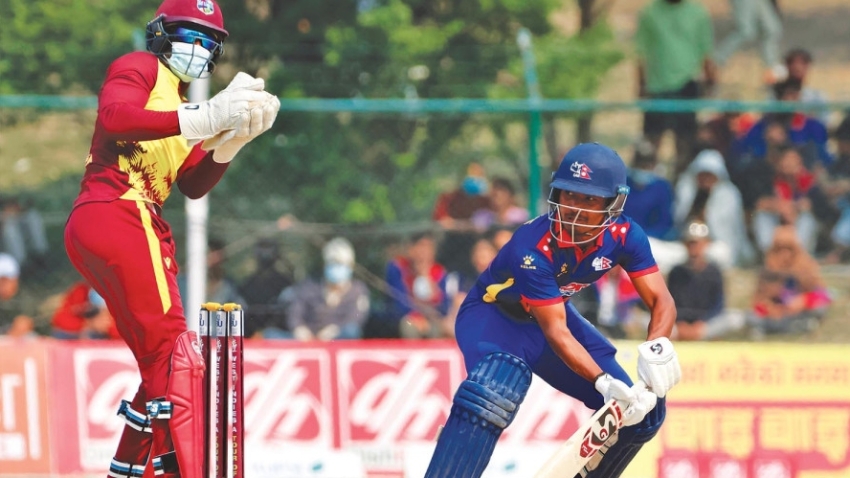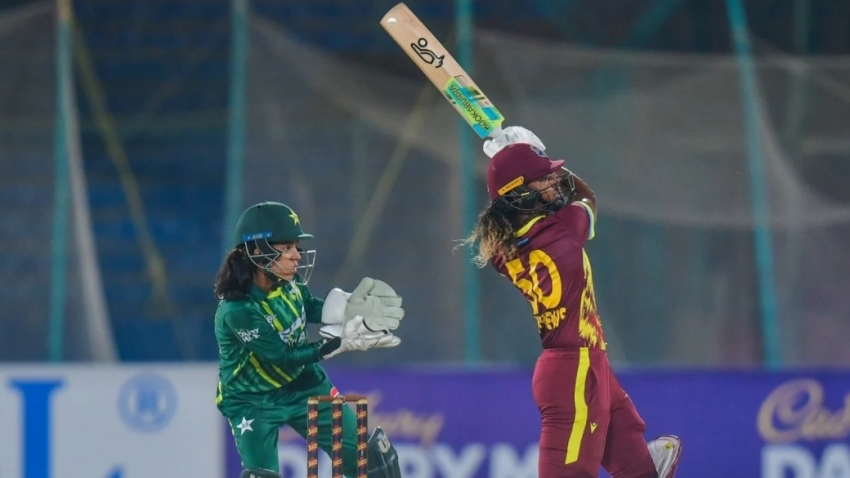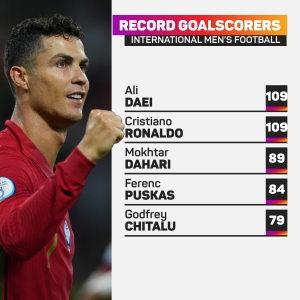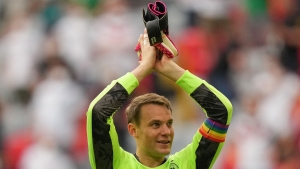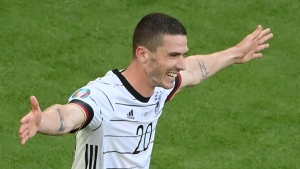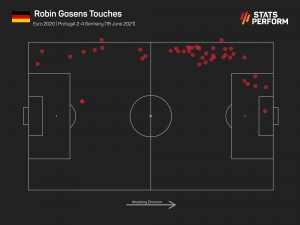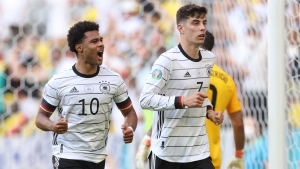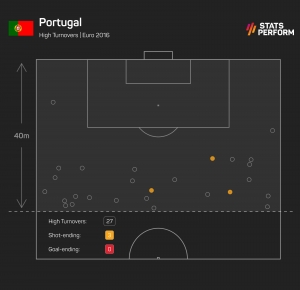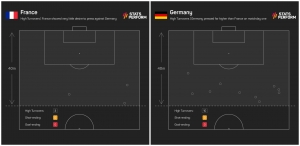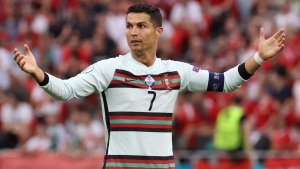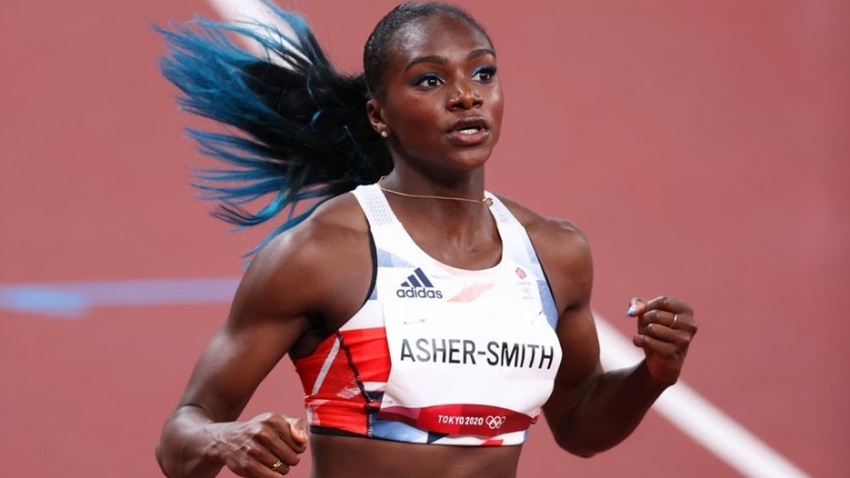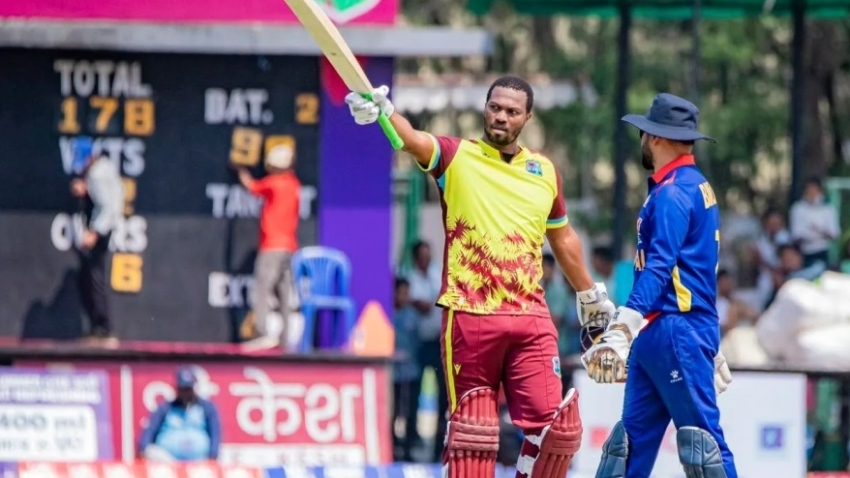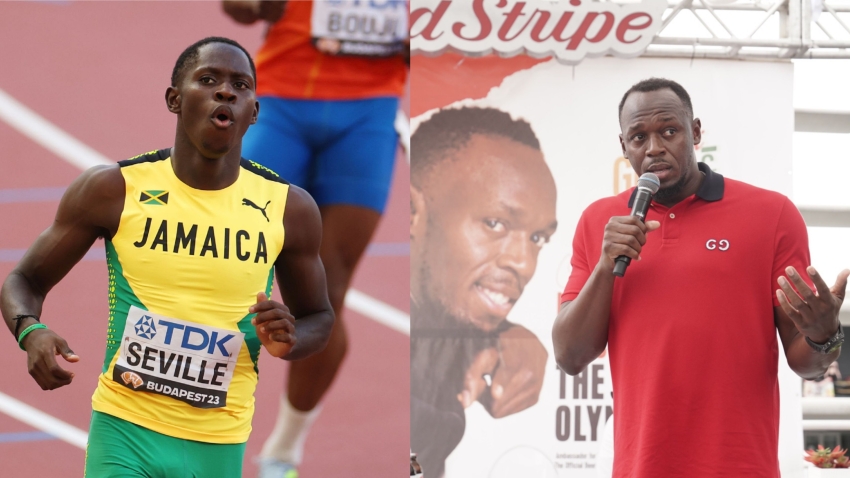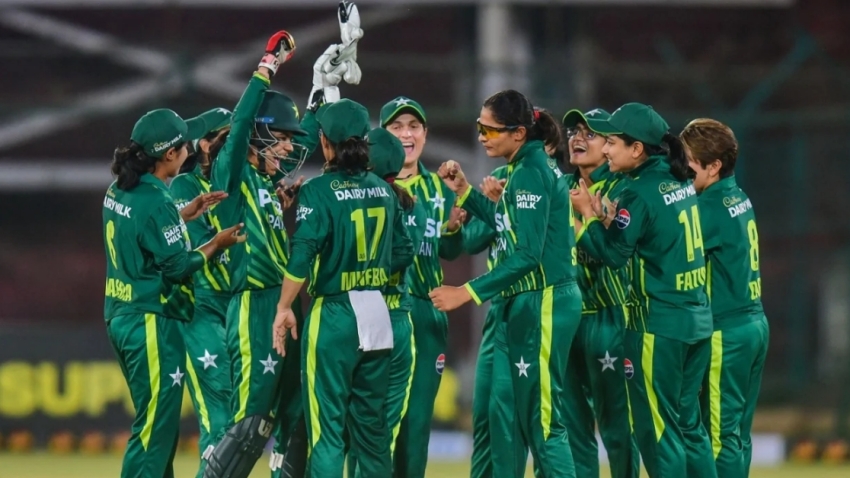The final round of group games at Euro 2020 did not disappoint, producing plenty of drama as the final spots in the last 16 were settled.
There were 18 goals scored across the four fixtures – the most on a single day in the history of the European Championships – with Spain putting five past Slovakia to get out of Group E alongside Sweden, who came out on top against Poland thanks to a late, late winner.
In Group F, Hungary threatened an upset but were twice pegged back by Germany in a 2-2 draw, while Portugal and France ended in the same scoreline thanks to record-breaker Cristiano Ronaldo.
Before the focus switches to the knockout stages, Stats Perform reflects on a dramatic conclusion to the round-robin stage.
Slovakia 0-5 Spain: Landmark win comes with a little help
Spain equalled the largest margin of victory in a game at the European Championship, becoming the fifth different side to win by five goals in the competition. The others? France and Denmark in 1984, the Netherlands in 2000 and Sweden in 2004).
It was also a milestone win, Spain's 50th at a major tournament. They are the fourth European nation to reach a half-century, joining Germany, Italy and France.
They were helped out by a Slovakia side that scored not one but two own goals, Martin Dubravka and Juraj Kucka the unfortunate duo to take the tally to eight in this year's tournament. The result means head coach Stefan Tarkovic has suffered back-to-back defeats for the first time since taking charge, with this his 12th game at the helm.
Ferran Torres grabbed the fourth goal of the contest with what was his first touch of the game. He scored just 44 seconds after coming on as a substitute – the quickest goal scored by a replacement at a European Championship since fellow Spaniard Juan Carlos Valeron in 2004 (39 seconds versus Russia).
Sweden 3-2 Poland: Lewandowski at the double in defeat
Sweden continued their excellent form against Poland – they have won 10 of the past 12 meetings, including six in a row now – thanks in part to a fast start.
Emil Forsberg broke the deadlock after just 81 seconds, the second quickest goal scored from the start of a European Championship fixture. Dmitri Kirichenko holds the record for the fastest, doing so in a mere 65 seconds for Russia against Greece in 2004.
Poland rallied from 2-0 down to draw level thanks to Robert Lewandowski, who made sure he was on target in consecutive major tournament appearances for the first time in his career. He now has 69 goals for his country – the rest of his nation's squad at Euro 2020 have managed a combined total of 34.
However, the Bayern Munich forward will not be able to add to his tally at Euro 2020, with Poland exiting as their winless run was extended to six games. Viktor Claesson grabbed the winner in added time, meaning Sweden scored three in a game at the Euros for the first time since beating Bulgaria 5-0 in 2004.
Portugal 2-2 France: Benzema back on target as Ronaldo hits the spot
There were four goals, three penalties, two different scorers and one record broken in an eventful draw in Budapest.
Ronaldo converted both as Portugal became the first team to score two spot-kicks in a single European Championship fixture. The Juventus superstar's double makes him the first player to score as many as five goals in the group stages of a single Euros since Michel Platini (seven in 1984), who is the only individual to have managed more in a single group round.
Talisman Ronaldo also became the first European player in World Cup and European Championship history to score a combined 20 or more goals across the competitions. His tally sits at 21, while he has 109 in his Portugal career, putting him level with Ali Daei as the leading international men's scorer.
His former Real Madrid team-mate Karim Benzema also grabbed a brace. His first of the game saw him score for France for the first time since October 8, 2015, five years and 258 days ago. It is the longest gap between goals for Les Bleus since current boss Didier Deschamps went seven years between finding the net.
France are now unbeaten in each of their last 12 group-stage outings at major tournaments, with their reward for topping the table being a last-16 clash with Switzerland.
Germany 2-2 Hungary: Goretzka earns Low a little more time
On a night with more ups and downs than a rollercoaster ride, Germany needed a late equaliser to make sure they progressed from the group stage for a seventh time in eight major international tournaments.
Joachim Low's reign appeared set for an unexpectedly early end when they trailed both 1-0 and 2-1 in Munich, with Adam Szalai's opener seeing Germany become one of only four sides to concede first in all three of their group outings, after Turkey, North Macedonia and Poland.
Kai Havertz equalised, in the process becoming the fourth-youngest player to score in back-to-back major tournament appearances for Germany, after Thomas Muller (2010), Franz Beckenbauer (1966) and Lukas Podolski (2006).
There was a first opportunity at Euro 2020 for teenager Jamal Musiala, who became the youngest player to make an appearance for the German national team at a major tournament, aged 18 years and 117 days.


